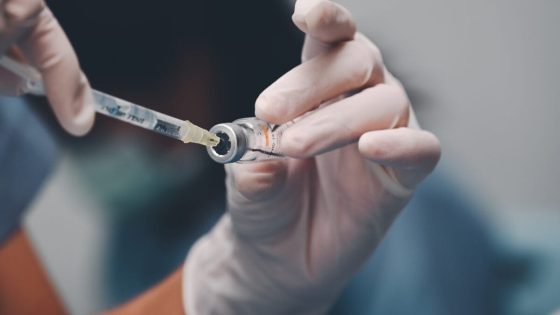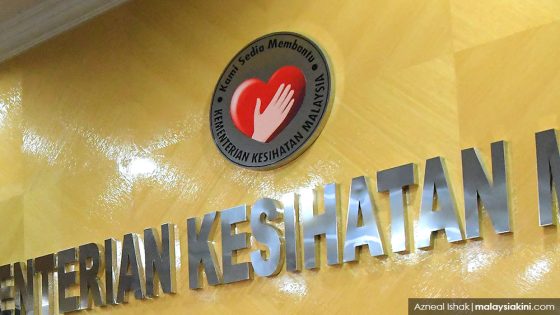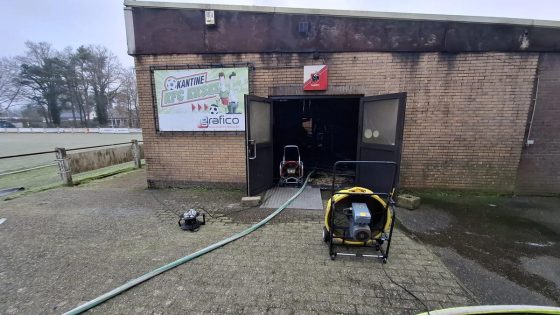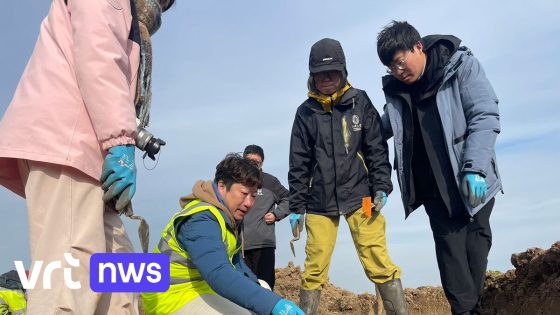On February 25, 2025, President Lula announced a groundbreaking agreement for Brazil’s first 100% national dengue vaccine. This innovative vaccine, developed in partnership with the Instituto Butantan and WuXi Biologics, aims to protect millions from dengue fever. But what does this mean for public health in Brazil and beyond?
- Lula announces dengue vaccine production agreement
- Collaboration between Instituto Butantan and WuXi Biologics
- 60 million doses expected annually from 2026
- Target population: ages 2 to 59 years
- Vaccine not yet approved by Anvisa
- Nísia Trindade's management faces criticism
Brazil’s Innovative Approach to Combatting Dengue Fever
Could a single-dose vaccine change the landscape of dengue prevention? Brazil is taking a bold step forward with its new dengue vaccine. The government plans to produce 60 million doses annually, targeting individuals aged 2 to 59 starting in 2026. This initiative could revolutionize how the country manages dengue outbreaks.
What Makes This Vaccine Unique and Important for Public Health?
This dengue vaccine is notable for several reasons. It is the first of its kind in Brazil, designed to protect against all four dengue virus serotypes. The goal is to vaccinate the eligible population within two years of its release. This proactive approach not only addresses immediate health concerns but also aims to reduce the long-term burden of dengue fever.
Key Features of Brazil’s Dengue Vaccine Initiative
Understanding the significance of this vaccine involves looking at its key features:
- **Single Dose**: Simplifies the vaccination process.
- **Broad Protection**: Targets all four dengue virus serotypes.
- **Annual Production**: Plans for 60 million doses each year.
- **Public Health Focus**: Aims to vaccinate the population aged 2-59.
The Role of Partnerships in Vaccine Development
Partnerships are crucial in the development of this vaccine. The collaboration between Instituto Butantan and WuXi Biologics exemplifies how global cooperation can lead to innovative health solutions. This model could serve as a blueprint for other countries facing similar health challenges.
Implications for Global Health and Future Vaccination Efforts
The introduction of a national dengue vaccine in Brazil could set a precedent for other nations. As dengue cases rise globally, this initiative may inspire similar efforts elsewhere. It highlights the importance of investing in local vaccine production and public health infrastructure.

































